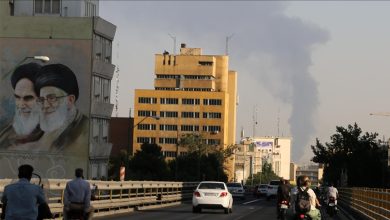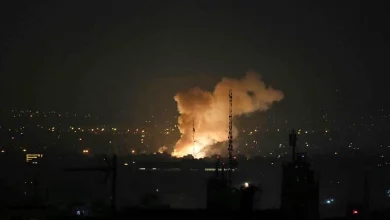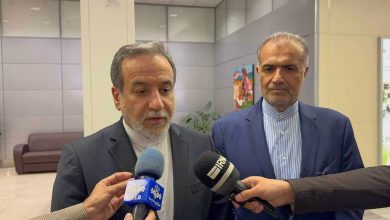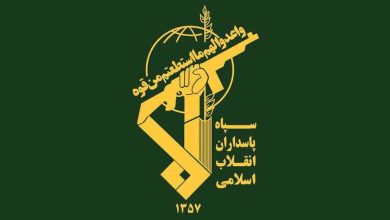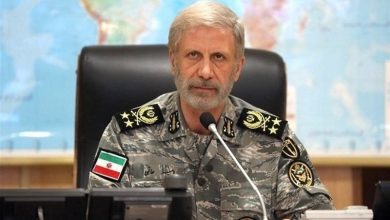Persian Gulf Nations Oppose Proposed US Military Action in Iran, Trump Informed
According to a report by American news outlet Axios, Saudi Arabia, Qatar, and the UAE expressed their opposition to any potential US military action against Iran during Trump's recent visit to the three Persian Gulf states.
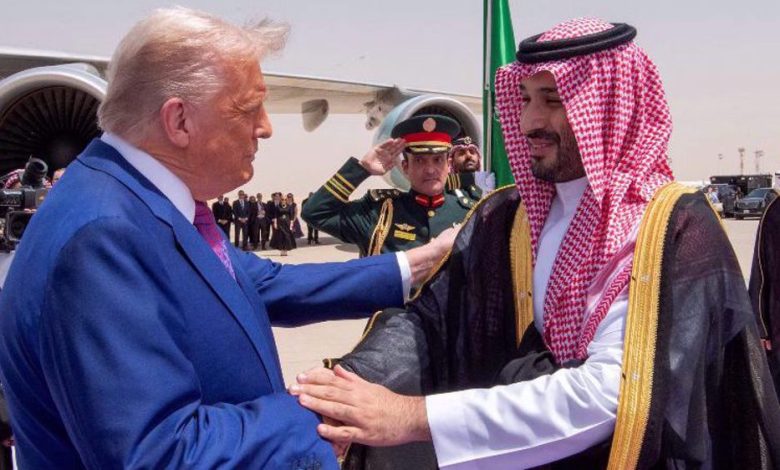
The United States and Iran have engaged in five rounds of nuclear discussions since April 12, with expectations to reconvene for further negotiations targeting a new accord. The two nations have remained divided regarding the degree of uranium enrichment.
Trump issued a personal warning to Israeli Prime Minister Benjamin Netanyahu on Wednesday, advising against any actions that might disrupt the ongoing talks.
According to Axios, which referenced sources familiar with the discussions, leaders from Saudi Arabia, Qatar, and the United Arab Emirates urged Trump to seek a revitalized nuclear deal with Tehran during his visit to West Asia from May 13 to 16.
In 2018, Trump withdrew from the landmark agreement involving Iran and several other nations, which provided sanctions relief in exchange for Iran implementing confidence-building measures to restrict its nuclear activities.
According to a report by Axios, three Gulf nations, previously against the nuclear agreement, are now advocating for diplomatic solutions rather than military action. Their shift stems from concerns that any strike could incite Iranian retaliation, especially given that each of these countries hosts US military bases.
According to reports, Saudi Crown Prince Mohammed bin Salman, UAE President Mohammed bin Zayed, and Qatari Emir Tamim al-Thani directly informed Trump that their nations would endure the primary impact of any potential escalation.
Arab leaders are expressing concerns over the potential for Netanyahu to take unilateral actions or sway Trump towards abandoning diplomatic negotiations in favor of military intervention, reports indicate.
Riyadh, Doha, and Abu Dhabi have voiced specific concerns regarding an Israeli military action against Iran, underscoring their continued support for diplomatic dialogue and negotiations.
Since the landmark 2015 nuclear agreement involving Iran, the United States, Britain, France, China, Russia, and Germany was enacted, the stance of the three Persian Gulf states has evolved. According to the report, their priorities have now transitioned towards ensuring regional stability and fostering economic development.
Saudi Arabia and the United Arab Emirates have initiated measures to reduce tensions with Iran, featuring high-level diplomatic engagements.
A recent visit to Tehran by Saudi Defense Minister Khalid bin Salman, where he conferred with Iran’s Supreme Leader Ayatollah Seyyed Ali Khamenei, has highlighted Riyadh’s resistance to military interventions, reinforcing the Persian Gulf region’s growing inclination towards dialogue and diplomatic engagement rather than conflict.
Saudi Arabia has been steadily working towards normalizing its relations with Iran over the past two years.

